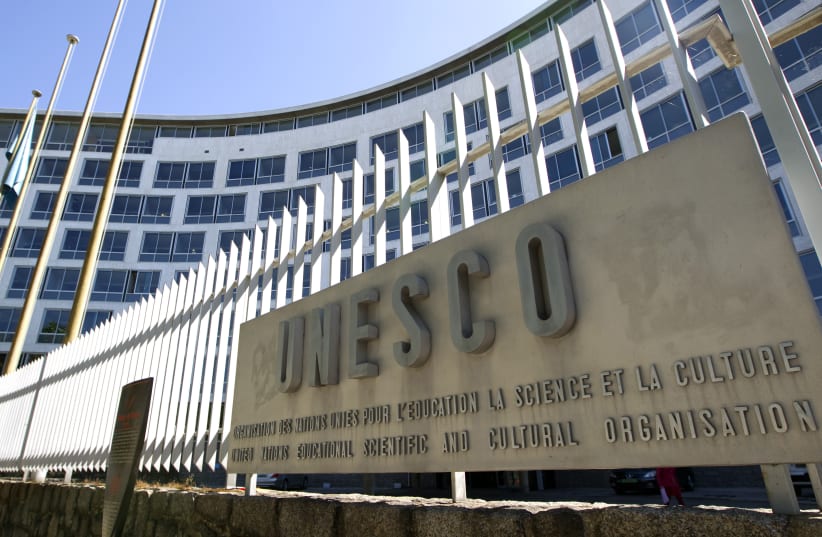Outgoing Director General Audrey Azoulay was appointed in 2017 after a bitter campaign. Her mandate was to revive the organization's fortunes after the United States, which provided a fifth of its funding, pulled out.
The election is due in November, but without an opponent and a majority of the 58 Executive Board member states, including biggest financial contributor China, backing her, she should be elected for another four years.
The agency, founded in the ashes of World War Two to protect the common cultural inheritance of humanity, is best known for designating and protecting archaeological and heritage sites, from the Galapagos Islands to the tombs of Timbuktu.
Most of its activities are uncontroversial, but issues such as resolutions about how religious sites should be run in Jerusalem have been highly charged and the United States quit over accusations of anti-Israeli bias by the body.
The official told Reuters that the signals from the new US administration were positive and that the objective was to make progress on the issue over the coming months.
UNESCO has had to fill a gaping financial hole. The United States left with $542 million in arrears. A U.S. return, done through a letter informing the body, would also mean that Washington would repay its arrears at some stage.Things may still prove complicated given a US law that forbids Washington from funding U.N. bodies that have admitted Palestine as a full member, although a waiver can be sought.
